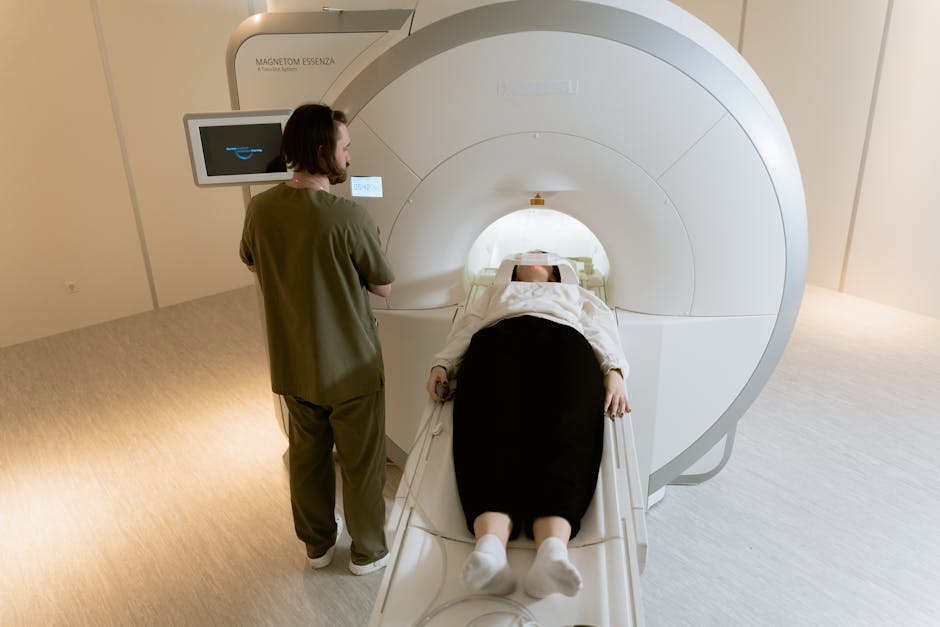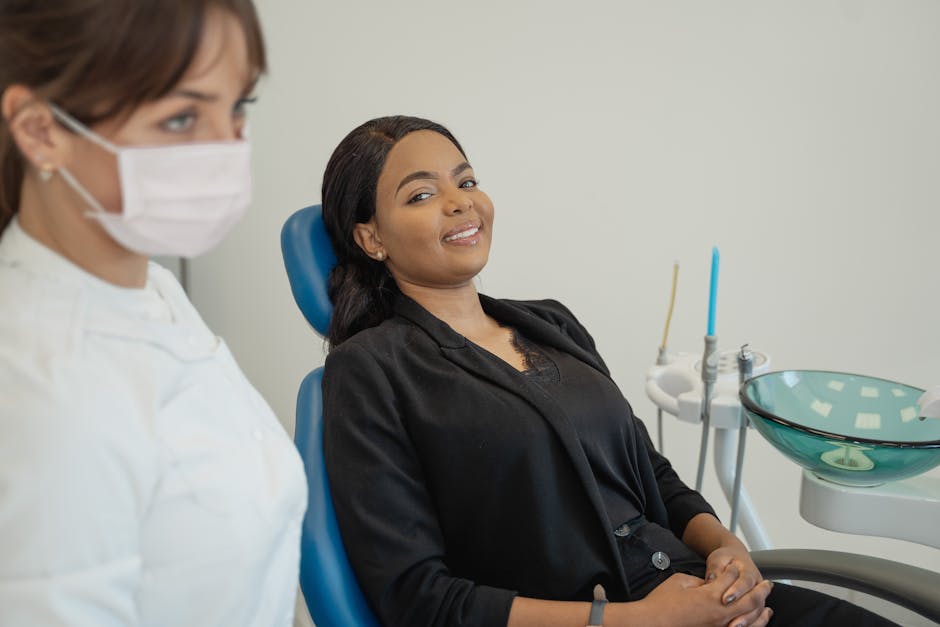In Their Own Words: Patient Experiences
Have you ever wondered how patients truly feel about their healthcare? Understanding their experiences can open our eyes to what works and what doesnt. Each patient has a unique story, and these stories can teach us valuable lessons about improving care.
Lets dive into the heart of patient experiences. We’ll explore their stories, what they want us to know, and how we can make healthcare better for everyone.
What Do Patients Want to Share?

Patients often share their experiences to help others. They want their voices to be heard. What are some common themes in their stories?
- Communication: Many patients feel that clear communication makes a huge difference. They want doctors to listen and explain things in simple terms.
- Empathy: Feeling understood can make a tough situation easier. Patients appreciate when healthcare workers show compassion.
- Involvement: Patients want to be part of their healthcare decisions. They desire to understand their options and make choices that suit them.
These points are not just fluff. A study found that patients who feel engaged in their care tend to have better outcomes. They are more likely to stick to treatment plans and feel satisfied with their care.
Why Are Patient Experiences Important?

Why should we care about what patients experience? The answer is simple: better experiences lead to better health.
When patients feel comfortable, they communicate openly. This can lead to:
- Fewer misunderstandings about conditions and treatments.
- More accurate diagnoses.
- Healthier lifestyles as patients feel empowered to take charge.
In short, happy patients often mean healthier patients.
What Do Patients Say About Their Healthcare Experiences?

Lets listen to some real patients. Hearing their voices will help us understand what matters most to them.
Emilys Story: Emily, a young mother, shares how a simple conversation changed her view of healthcare. I was scared about my surgery. But my doctor took the time to explain everything in a way I understood. I felt so much better after that.
Marks Experience: Mark, who has diabetes, emphasizes the need for support. I struggled with my diet. My nutritionist didnt just give me a plan. She listened to my concerns and worked with me to find what worked for my lifestyle.
These stories show the power of communication and personalized care. They remind us that healthcare is not just about treatments but also about the relationships we build.
How Can Healthcare Improve?

To make healthcare better, we need to listen and learn from patient experiences. Here are some actionable steps:
- Enhance Communication: Train healthcare providers to communicate clearly. Use simple language and avoid jargon.
- Encourage Feedback: Create systems for patients to share their feedback easily. This could be through surveys or suggestion boxes.
- Promote Teamwork: Foster a culture where all staff members collaborate. This ensures that every patient receives a well-rounded approach to care.
Implementing these changes can lead to more positive patient experiences and improve overall satisfaction.
What About Special Populations?
it’s important to remember that different groups of patients may have unique needs. Consider the experiences of:
- Seniors: Older adults may face challenges with mobility or understanding medical information. Tailoring communication and support for them is crucial.
- Minority Groups: Language barriers and cultural differences can affect care. Providing interpreters and culturally sensitive training can make a big difference.
- Pediatric Patients: Children may need special attention and a gentle approach. Involving parents in discussions can help ease their fears.
By addressing the specific needs of these populations, we can create a more inclusive healthcare environment.
What Can Patients Do to Advocate for Themselves?
Patients can play a big role in their healthcare. Here are some tips to help them advocate for themselves:
- Ask Questions: don’t be afraid to ask for clarity. Questions help patients understand their health better.
- Keep Records: Keeping a health journal can help track symptoms and treatments. This information can be valuable during appointments.
- Seek Second Opinions: If uncertain about a treatment plan, getting another opinion can provide peace of mind.
Being proactive can lead to better health outcomes.
What Do Experts Say About Patient Experiences?
Experts agree that patient experiences are crucial in healthcare. Dr. Jane Smith, a healthcare researcher, says, Listening to patients changes the way we provide care. Their feedback can guide improvements that we might not see from the inside.
This perspective emphasizes the need for ongoing dialogue between patients and healthcare providers.
What Are the Future Trends in Patient Experiences?
The future of patient experiences looks promising. As technology advances, here are a few trends to watch:
- Telehealth: Virtual appointments are becoming more common. They offer convenience and accessibility for many patients.
- Patient Portals: Online systems allow patients to access their health records, schedule appointments, and communicate with providers easily.
- Wearable Technology: Devices that track health metrics are empowering patients to take charge of their health.
These innovations can enhance patient experiences significantly and make healthcare more accessible.
How Can We Wrap This Up?
Patient experiences matter. They shape how we view and receive care. By listening to their stories, we can learn how to make healthcare better for everyone.
Here are some actionable takeaways:
- Encourage open communication between patients and providers.
- Implement systems for easy patient feedback.
- Recognize and address the unique needs of diverse populations.
- Empower patients to become active participants in their care.
By considering these insights, we can create a healthcare system that values every patients voice. Together, we can make a difference.
For more information on patient engagement, check out this resource from the National Institutes of Health.



